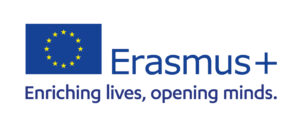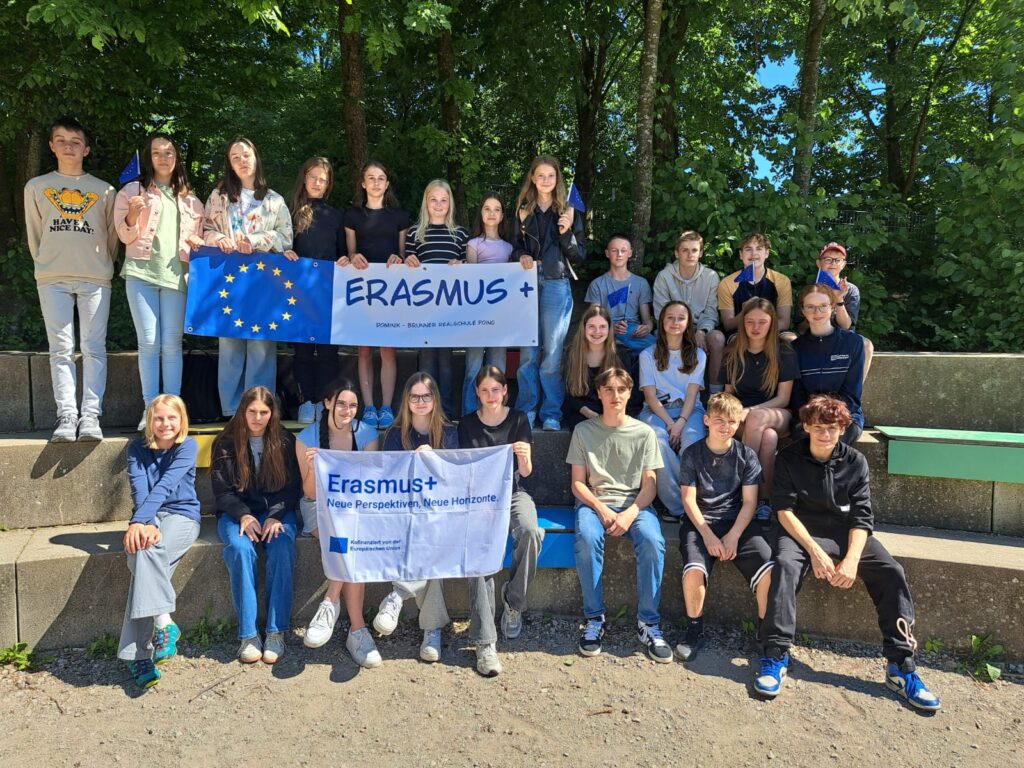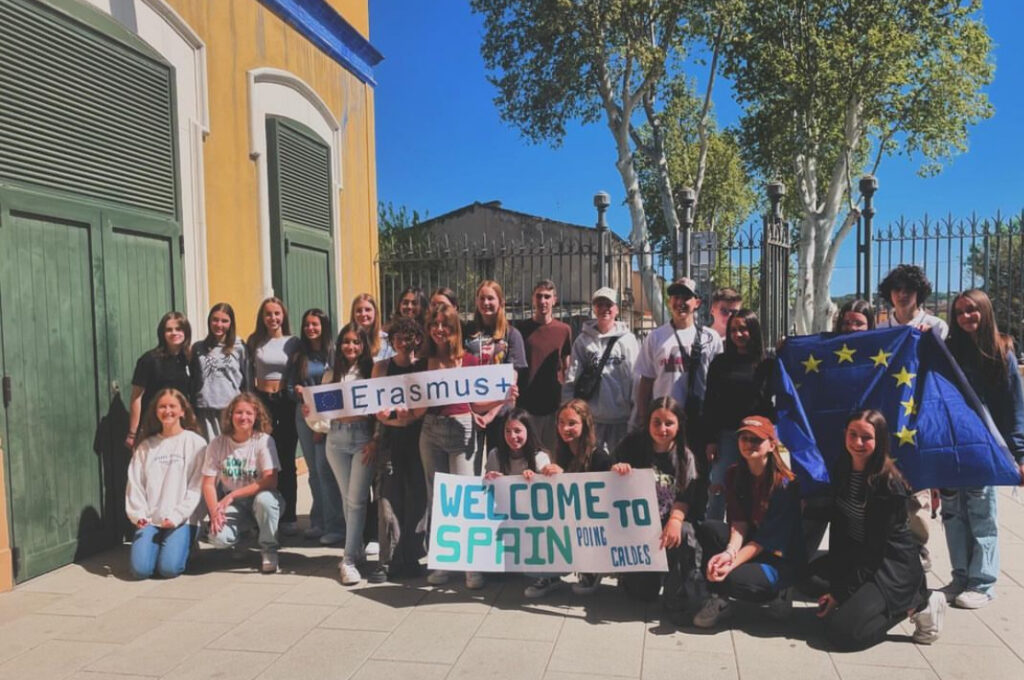Promoting Europe-wide cooperation in all areas of education is an important concern of the European Union. The successful EU Erasmus+ programme for education, youth and sport will therefore be continued. The programme plays a key role on the path to a common European education area. Between 2021 and 2027, a total budget of around 26 billion euros will be available for this purpose.
Erasmus+ is intended to promote lifelong learning, enable sustainable growth, strengthen social cohesion and European identity and drive innovation. The programme focuses on inclusion and diversity, digitalisation, civic education and sustainability, which are closely interlinked.
In the current programme generation 2021 to 2027, even more Europeans will be able to participate in Erasmus+ more easily than before. The programme is particularly aimed at all those who have not previously been reached by the programme due to their personal or social situation or structural factors. Overall, access is to be made easier for all people and organisations.
Digitalisation is also an important building block on the way to this broader social participation in the Erasmus+ programme. In addition to digital management and administration, blended mobility formats are new to the programme. The programme relies on various measures to reduce the ecological footprint of Erasmus+. For example, financial incentives are being created for the use of environmentally friendly means of transport, green skills are being promoted and digital tools are to be used to a greater extent.
Information from the EU Commission on the EU Erasmus+ programme
Source: https://www.erasmusplus.de/erasmus
Here you can find information about our ERASMUS+ projects:
ERASMUS+ Accreditation 2025-2027: Learning together and from each other in Europe
ERASMUS+ Short-term project 2023/24: Living a healthy life in harmony with nature





